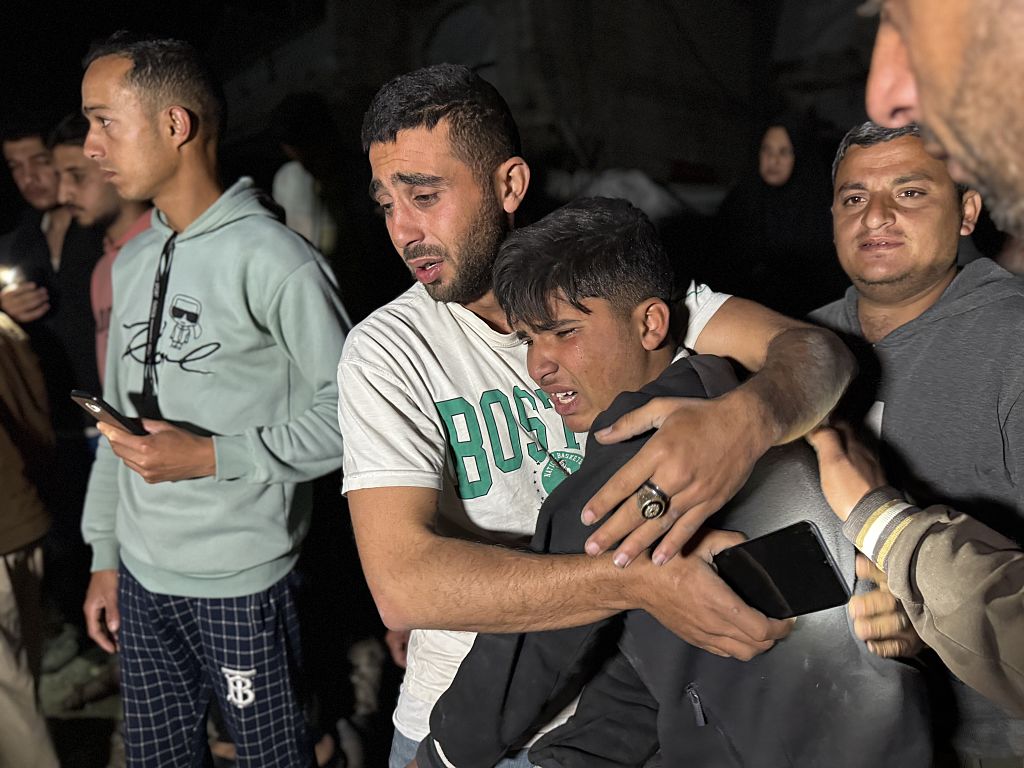Historian Omer Bartov spoke to Jacobin about why scholars of the Holocaust are struggling to talk frankly about Israel’s genocide in Gaza.
Omer Bartov is one of the leading scholars of genocide and the Holocaust. A professor of history at Brown University, he has long been known for his incisive work on violence, memory, and identity.
In his recent book Genocide, the Holocaust and Israel-Palestine: First-Person History in Times of Crisis, Bartov reflects on the moral responsibilities of intellectuals. He zeroes in on the uses and abuses of Holocaust memory and explains his own transformation from an Israeli soldier to a vocal critic of Israeli state policies.
In an interview with Elias Feroz for Jacobin, Bartov discusses the political climate on US campuses, the backlash against scholars critical of Israel, and the personal dimensions of his scholarship.
Elias Feroz
In your book, you emphasize the importance of historical empathy in understanding human tragedies such as the Holocaust and other genocides. How can this approach help to better understand the act of genocide, and why do you think this connection remains so controversial when it comes to the Holocaust?
Omer Bartov
At least in modern historiography, the idea of empathy is fundamental to how we understand the writing of history. This idea goes back to Leopold von Ranke, who emphasized the need for “Einfühlung” — the ability to put yourself, as much as possible, in the shoes of the people you are writing about. Even though they often lived in a different time and had different experiences, it is essential to see history not only from the…
Auteur: Omer Bartov

